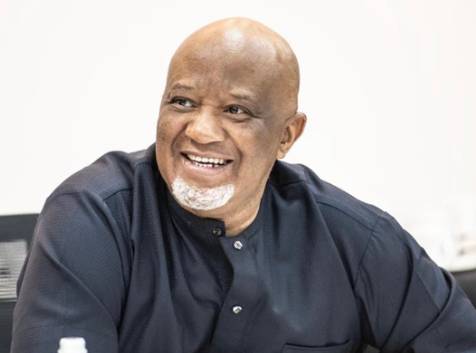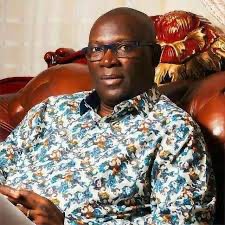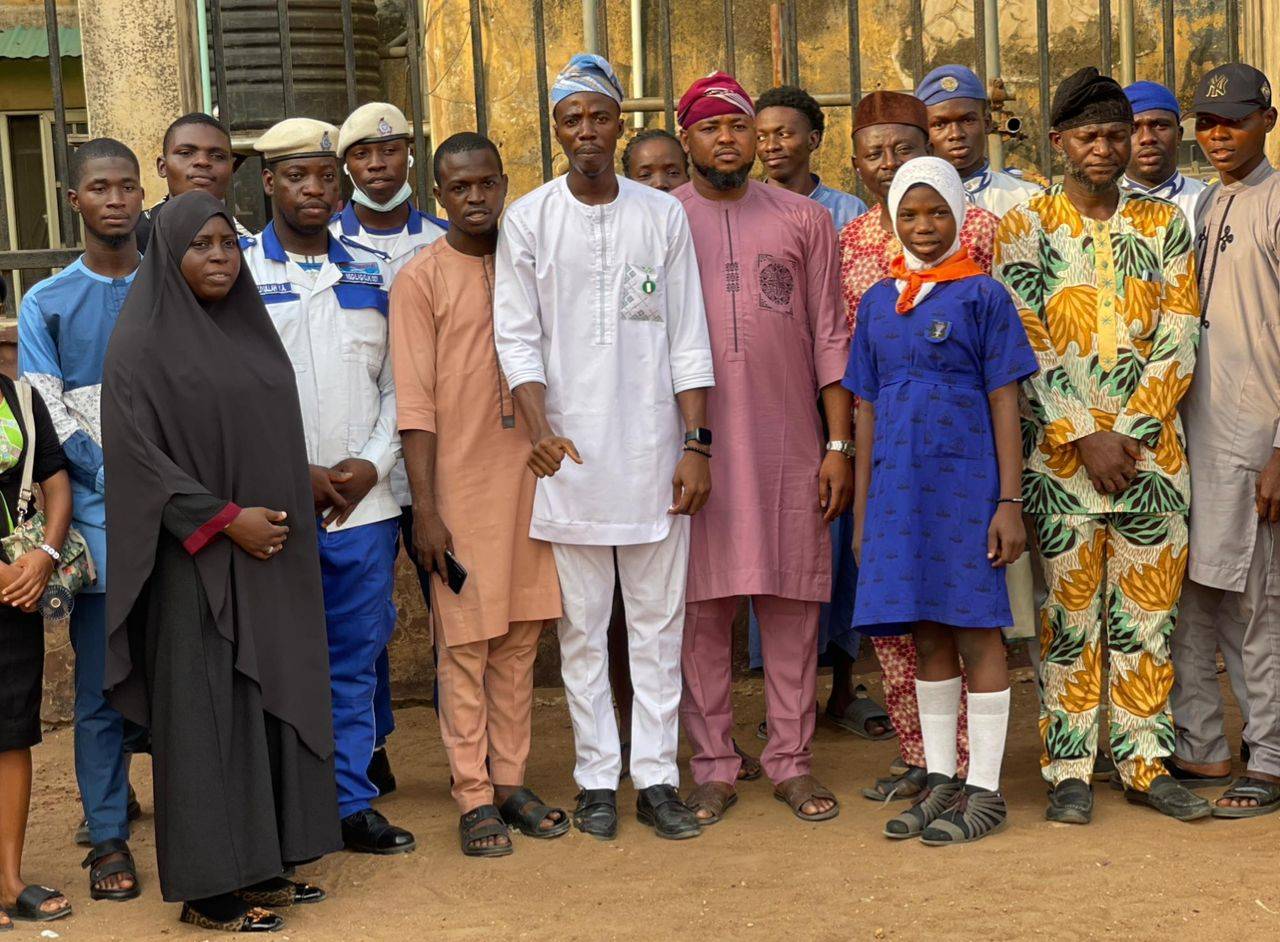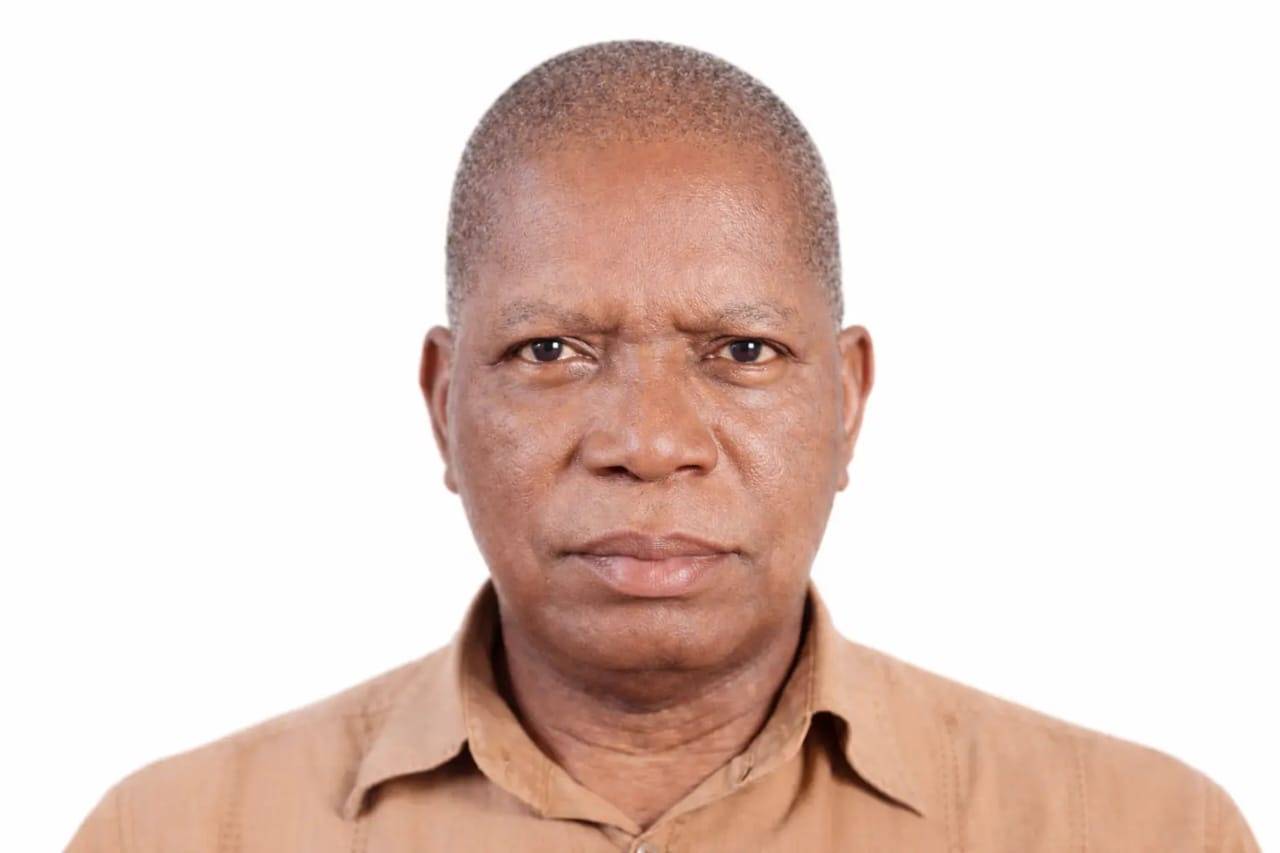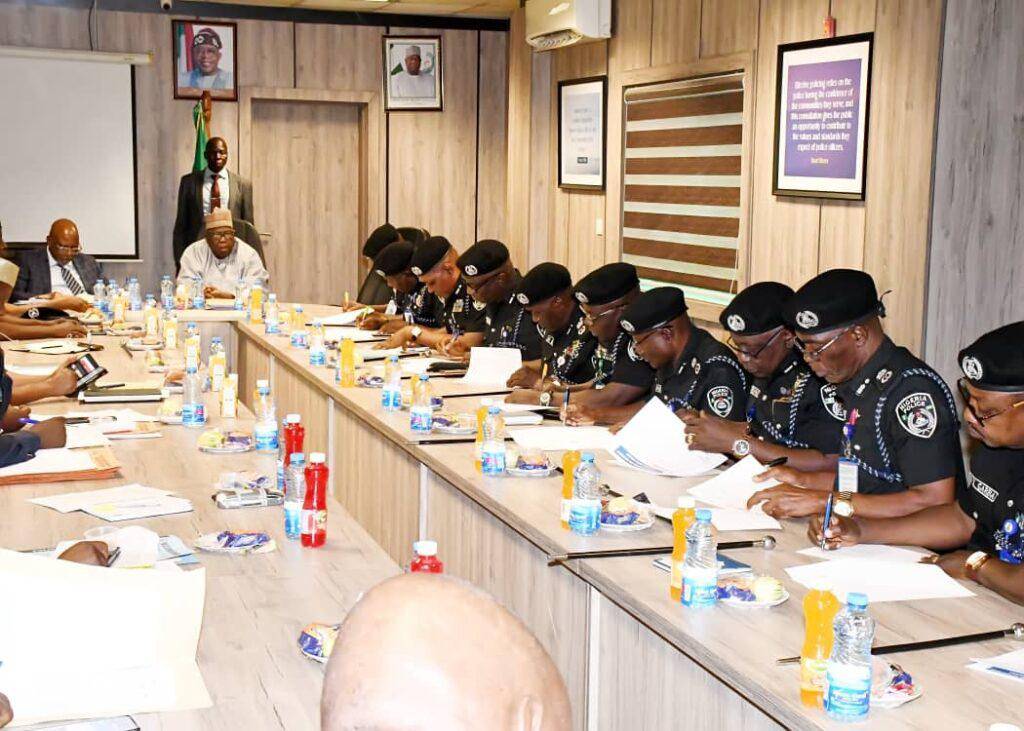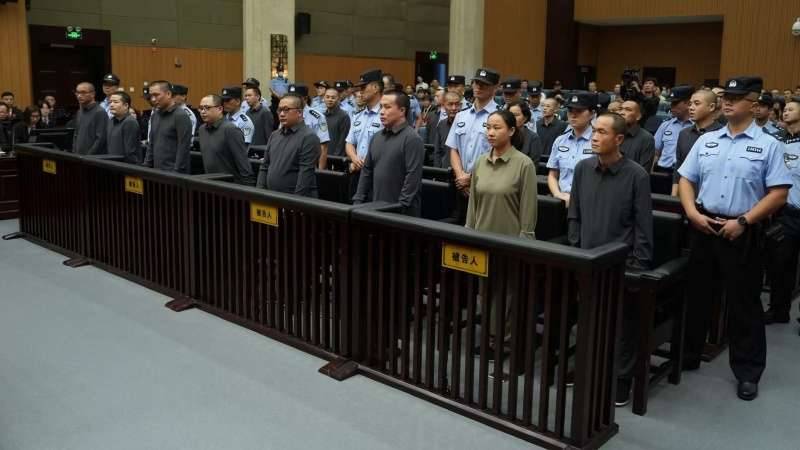Abolaji Adebayo
In a frank address, MTN Group Chairman Mcebisi Jonas identified the primary barriers to Africa’s digital inclusion as significant infrastructure gaps, inefficient spectrum allocation, and the prohibitively high cost of devices.
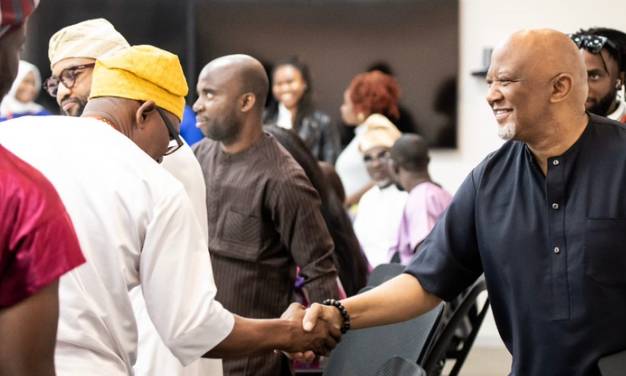
He delivered this analysis during an interactive session with journalists participating in the Media Innovation Programme, emphasizing that these foundational challenges threaten to impede the continent’s participation in the digital economy.
While acknowledging that Nigeria has made tangible progress on spectrum availability since 2020, Jonas was quick to note that many other markets across the subcontinent continue to face serious obstacles.
“The big challenge we have is the infrastructure gap when it comes to spectrum allocation,” he stated, emphasising that securing sufficient spectrum is a core strategic imperative.
However, the problem extends far beyond airwaves. Jonas pinpointed device affordability as a equally formidable hurdle, revealing that MTN is in active talks with global partners to address the crisis.
“The device problem is also a cost problem. You have to lend appropriate devices at the appropriate price, compatible to 5G,” he explained, hinting at potential regulatory interventions to drive down prices.
The Chairman’s concerns delved much deeper than connectivity, exposing a ecosystem under strain.
He described how frequent power outages and an unreliable energy grid force the telco companies to rely on expensive diesel generators at their cell towers across their operations, a costly reality that inevitably inflates the cost of services for consumers.
“Energy reform in the continent has been very slow at best,” Jonas noted, adding that this was a pervasive issue, even in a developed market like South Africa.
Compounding these infrastructure woes is a crippling brain drain.
Jonas identified the struggle to retain top talents as a major threat, arguing that creating a compelling environment for skilled professionals requires more than just employment opportunities.
“To keep talent in the continent also requires that people are feeling safe,” he said, highlighting safety, consistent policing, and vibrant living conditions as crucial factors often overlooked in economic planning.
Looking globally, Jonas framed Africa’s position within a fundamental geopolitical reset, moving from a unipolar to a multipolar world.
He advised that nations like Nigeria and South Africa must avoid picking sides and instead adopt a strategic, non-aligned agility to leverage their strengths and attract diverse capital from the East and the Middle East, not just the traditional West.
“Use your strength as a leverage to play in all markets,” he urged.
In response to direct questions on data sovereignty and local content, Jonas assured that MTN maintains a strong ethical stance on data governance, prioritising the security and sovereignty of the nations it operates in.
On localising supply chains for items like fiber cables, he conceded it was a continental challenge but revealed a key internal strategy, stating that MTN is actively developing its own tech stacks to reduce dependency on foreign original equipment manufacturers (OEMs).
This move, he stated, would not only curb capital flight but also lower costs and create vital local jobs, building a more resilient African digital economy for the next decade.


